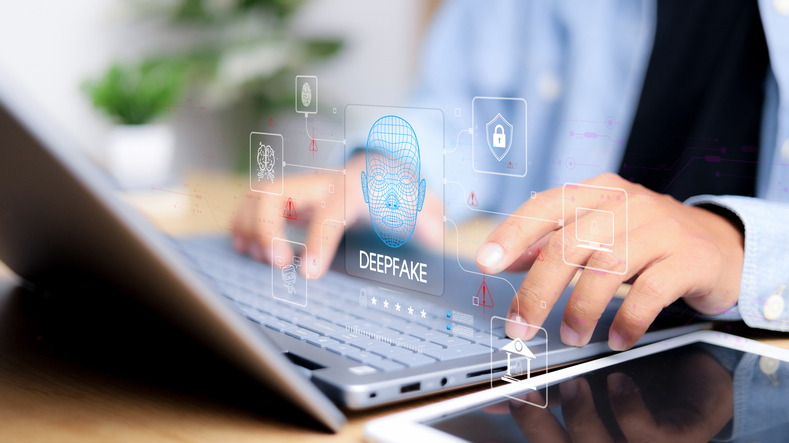Denmark has received international attention for its political agreement aimed at protecting individuals from misuse of their likeness and voice through deepfake technology. However, while many online articles refer to it as a new law, it is important to clarify that this is not yet enacted legislation, but rather a political agreement—a legislative proposal still in the making.
The agreement, supported by a broad majority in the Danish Parliament, lays the groundwork for a forthcoming amendment to the country’s copyright legislation. The goal is to introduce a legal right for individuals to control the use of their body, face, and voice in AI-generated content. If passed, the law would make it illegal to share realistic deepfakes of someone without their consent. This includes both private individuals and public figures, and it would also offer specific protections for performing artists whose work and identity are particularly vulnerable to digital manipulation.
Notably, the initiative seeks to strike a balance between protection and freedom of expression. Uses of AI-generated content for satire, parody, or artistic expression would remain permitted under the proposed rules. The legislation would also make it possible to pursue legal action in Denmark if deepfake content is shared within the country—regardless of where it was created.
However, as previously stated, this is not yet law. The Ministry of Culture is expected to publish a proposal for public consultation later this summer, with the final bill scheduled to be submitted to Parliament in late 2025 or early 2026. Only after the legislative process is complete will the rules become legally binding.
Still, this marks a significant development. Denmark may become one of the first countries in Europe to take concrete legislative action on deepfakes, sending a strong signal that the right to one’s own image and voice should be protected—even in a rapidly evolving digital world.





